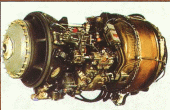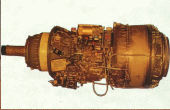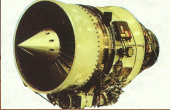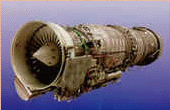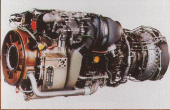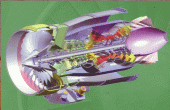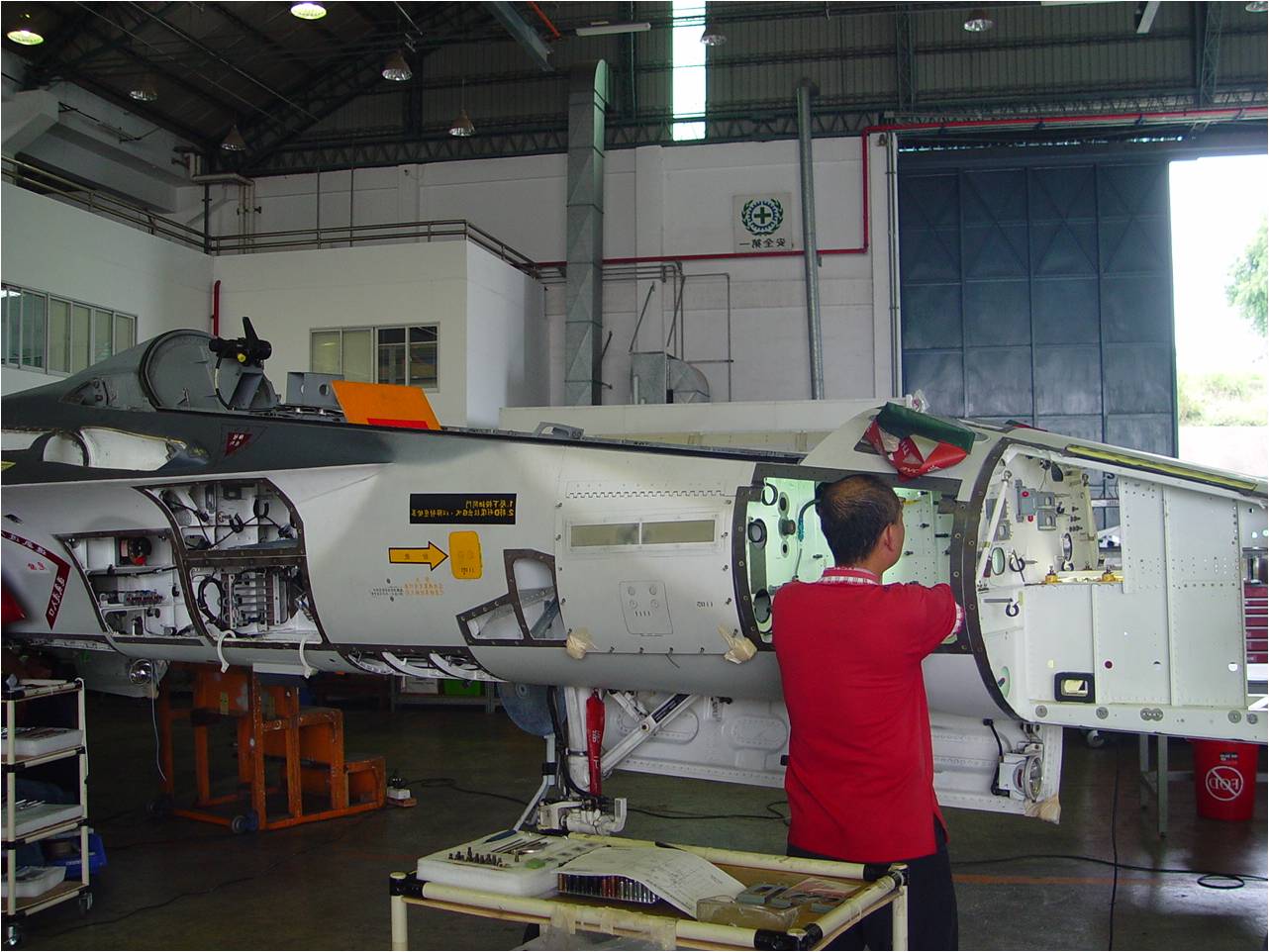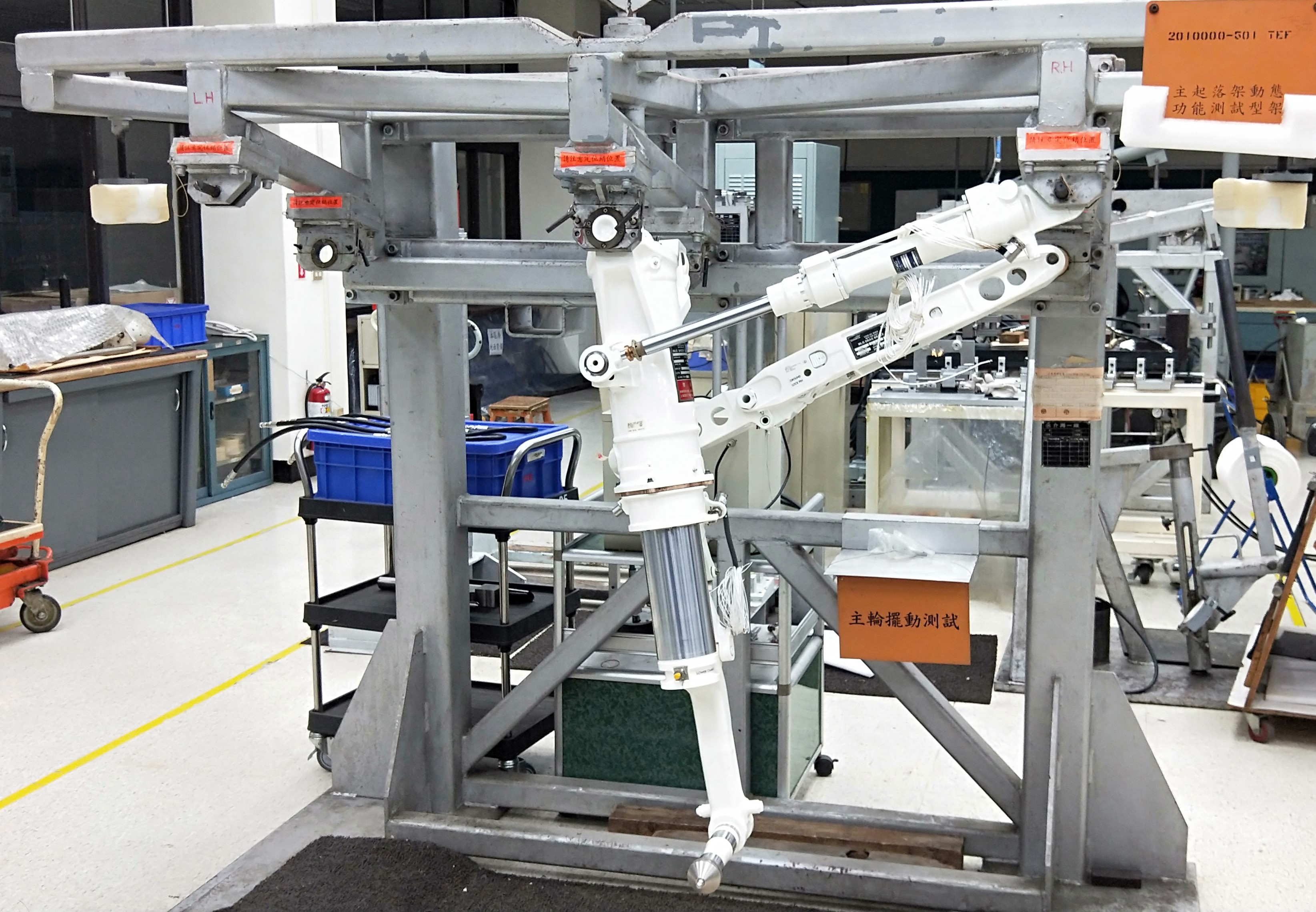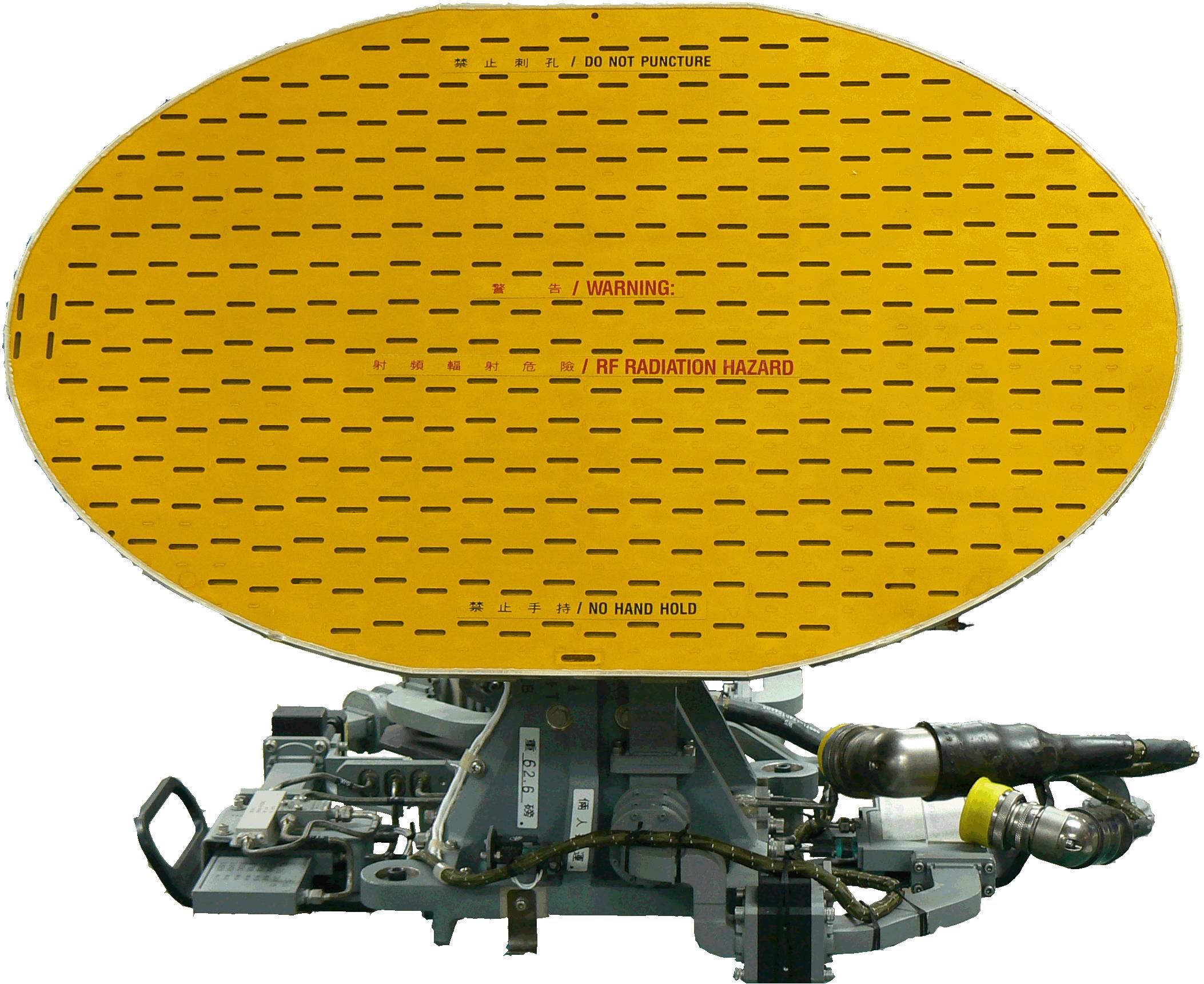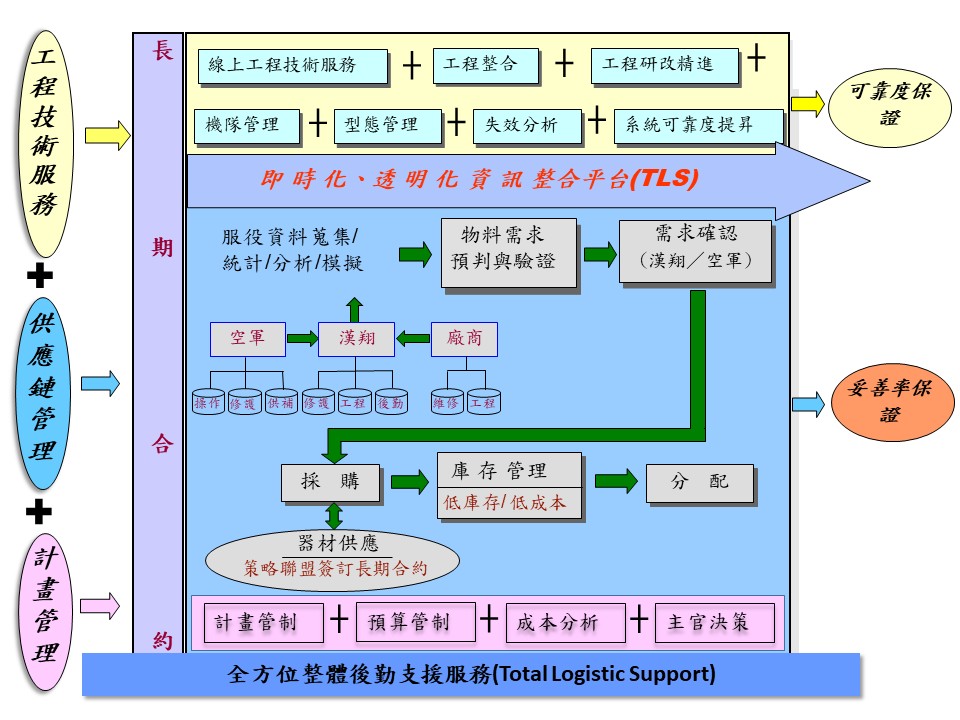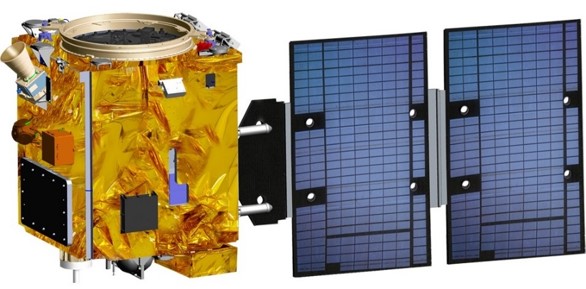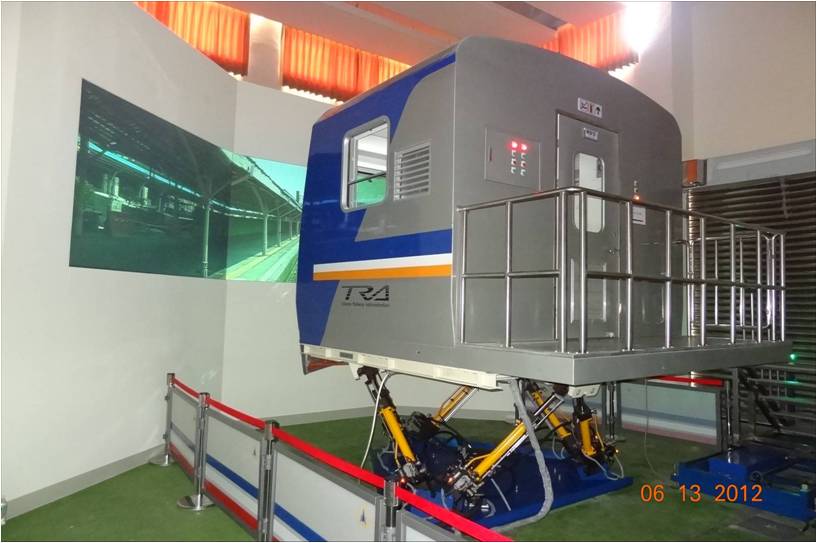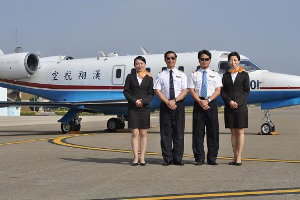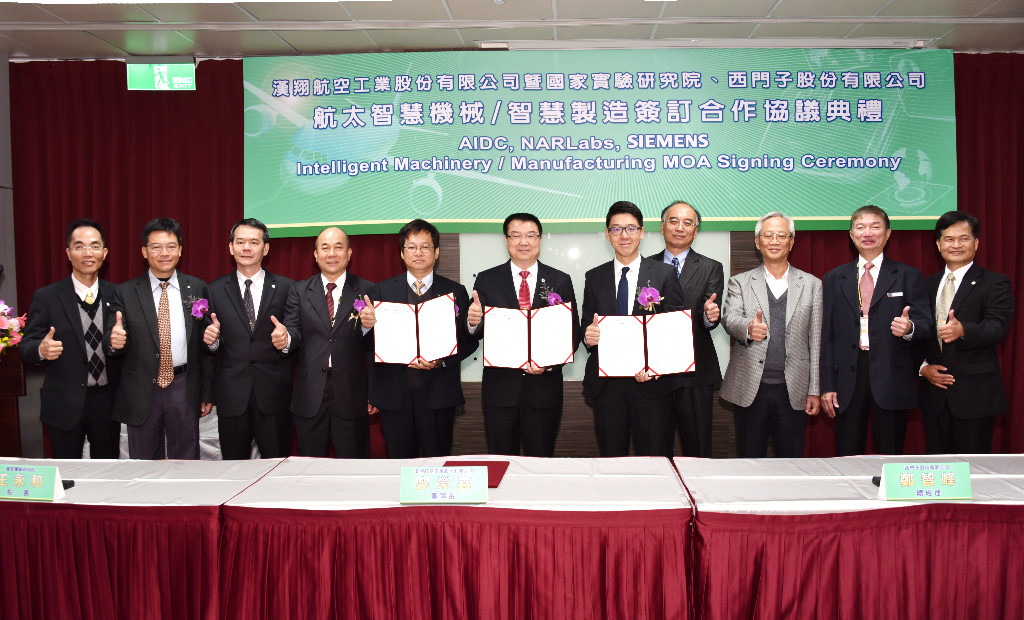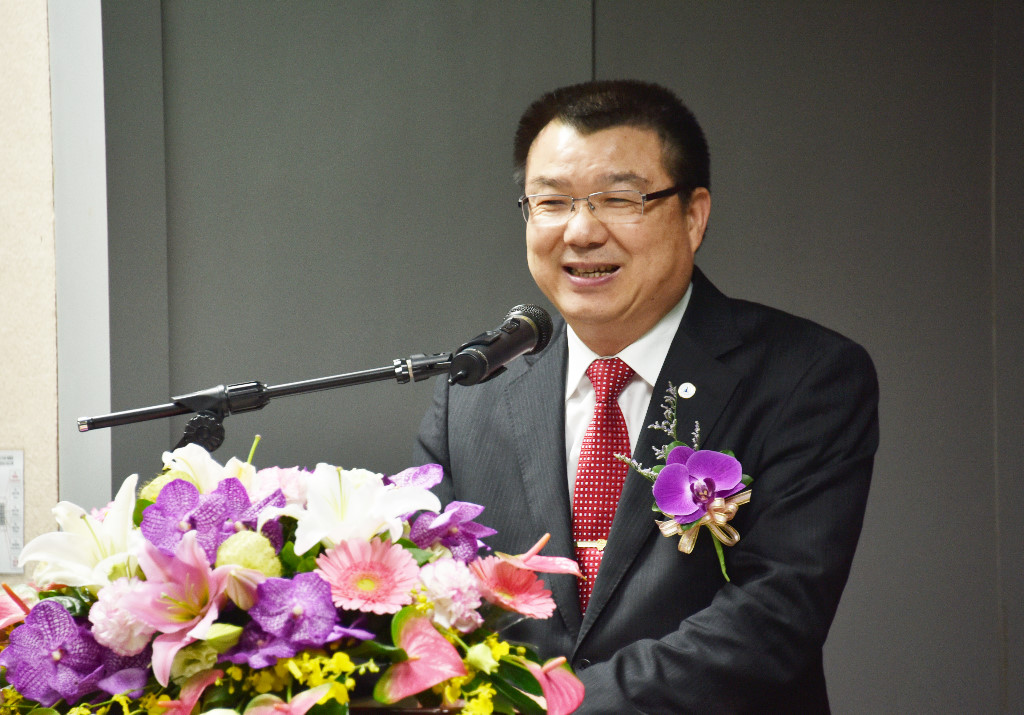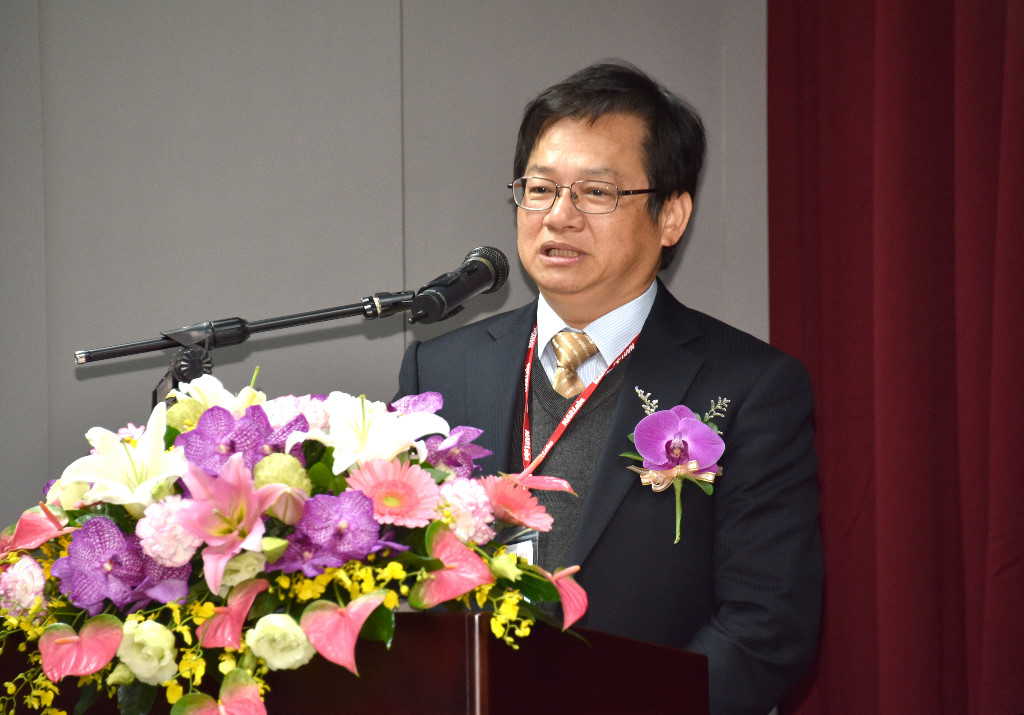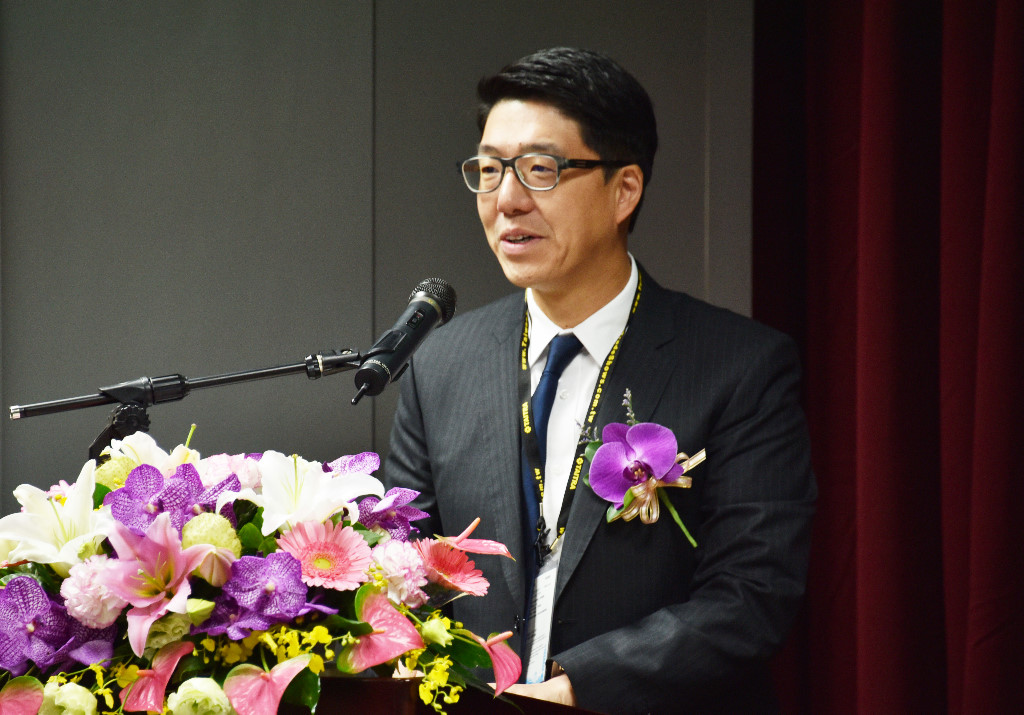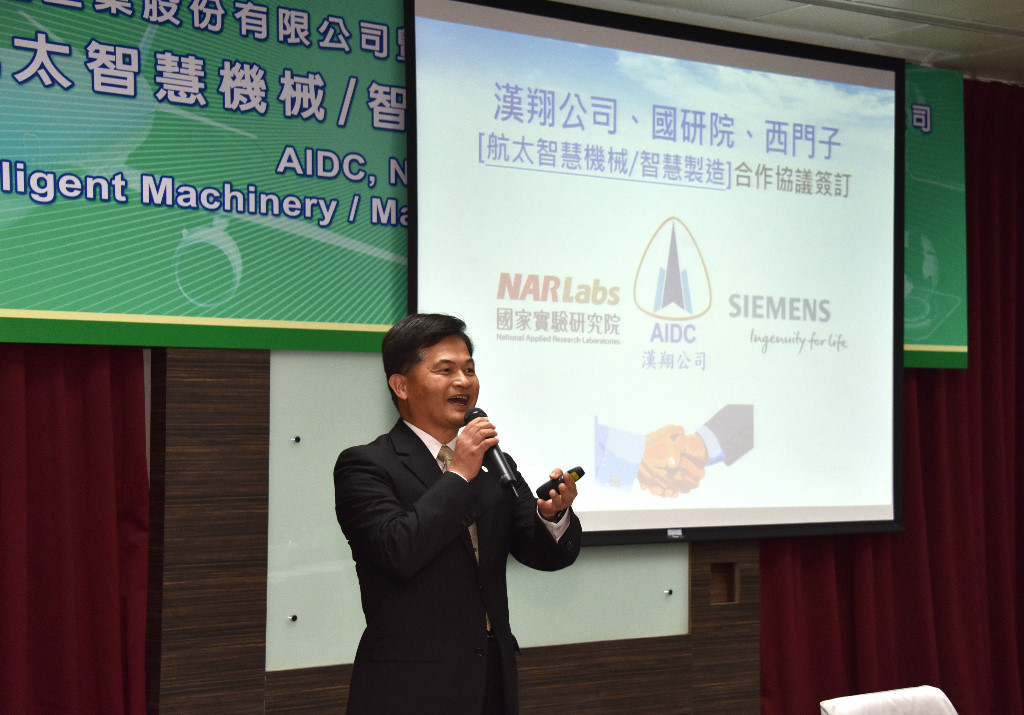2017/3/9
AIDC, the National Applied Research Laboratories (NARLabs), and Siemens together hosted an MOA signing ceremony on March 9, 2017 in Taipei, Taiwan
There were two agreements signed by AIDC respectively with the NARLabs, who is regarded as the powerhouse of science and technology research and study in Taiwan, and Siemens, who also owns significant industrial R&D capabilities which are essential to the development of aerospace industry. The purpose of this cooperation is to bring each of the three company’s strengths and knowledge together to advance Smart Machining/Smart Manufacturing.
“While AIDC is developing and building the advanced trainer for the Air Force, continued enhancement in our capabilities in R&D and manufacturing is not only essential, but also imperative in elevating our global competitiveness, which is why the cooperation of NARLab/Siemens/AIDC came into being. We hope to focus the group’s talents and experiences in Smart Machining solutions to satisfy industry requirements, such as Big Data analysis, automatic optical inspection, information security, enhancement of CNC machining center, testing platform for controller, as well as education and training. These are areas we hope to address in the near future,” AIDC Chairman Anson Liao stated during the ceremony.
“The National Center for High Performance Computing of NARLabs has strong R&D capabilities sufficient to provide services in information security, big data analysis for machining center, and machine learning/deep learning. On the other hand, the Instrument Technology Research Center is specialized in techniques such as the automatic optical inspection and machine vision and measurement. We believe the cooperation will definitely benefit AIDC and the aerospace industry in terms of advancement in technology and international competitiveness,” the President of Siemens, Dr. Ken Cheng, echoed with Chairman Liao of AIDC.
“The challenge for the aviation now is to produce within the shortest time possible as much aircraft as required by the fast growing air travel market as a result of globalization. In addition, while lighter, faster, and low energy consumption have become a must for new aircraft design, the challenge also exists in the manufacturing procedure through out the course of design, production planning, engineering, execution and quality assurance,” Dr. Cheng added.
Anason Liao continued to emphasize the development of the aerospace industry of a country marks the level of its industrial matureness. While Smart Machining and Defensive Aerospace compose part of the government’s most important strategic blue print, AIDC is definitely carrying the responsibility of supporting the national defense and economic development on our shoulder. The cooperation with NARLabs and Siemens is just a beginning, because we are bringing our collaborative suppliers together into this effort to enable a collective advancement of technologies, experiences and management patterns across related industries and resources, which we hope eventually will raise Taiwan’s industrial standards and competitiveness as a whole in the global market.
There were two agreements signed by AIDC respectively with the NARLabs, who is regarded as the powerhouse of science and technology research and study in Taiwan, and Siemens, who also owns significant industrial R&D capabilities which are essential to the development of aerospace industry. The purpose of this cooperation is to bring each of the three company’s strengths and knowledge together to advance Smart Machining/Smart Manufacturing.
“While AIDC is developing and building the advanced trainer for the Air Force, continued enhancement in our capabilities in R&D and manufacturing is not only essential, but also imperative in elevating our global competitiveness, which is why the cooperation of NARLab/Siemens/AIDC came into being. We hope to focus the group’s talents and experiences in Smart Machining solutions to satisfy industry requirements, such as Big Data analysis, automatic optical inspection, information security, enhancement of CNC machining center, testing platform for controller, as well as education and training. These are areas we hope to address in the near future,” AIDC Chairman Anson Liao stated during the ceremony.
“The National Center for High Performance Computing of NARLabs has strong R&D capabilities sufficient to provide services in information security, big data analysis for machining center, and machine learning/deep learning. On the other hand, the Instrument Technology Research Center is specialized in techniques such as the automatic optical inspection and machine vision and measurement. We believe the cooperation will definitely benefit AIDC and the aerospace industry in terms of advancement in technology and international competitiveness,” the President of Siemens, Dr. Ken Cheng, echoed with Chairman Liao of AIDC.
“The challenge for the aviation now is to produce within the shortest time possible as much aircraft as required by the fast growing air travel market as a result of globalization. In addition, while lighter, faster, and low energy consumption have become a must for new aircraft design, the challenge also exists in the manufacturing procedure through out the course of design, production planning, engineering, execution and quality assurance,” Dr. Cheng added.
Anason Liao continued to emphasize the development of the aerospace industry of a country marks the level of its industrial matureness. While Smart Machining and Defensive Aerospace compose part of the government’s most important strategic blue print, AIDC is definitely carrying the responsibility of supporting the national defense and economic development on our shoulder. The cooperation with NARLabs and Siemens is just a beginning, because we are bringing our collaborative suppliers together into this effort to enable a collective advancement of technologies, experiences and management patterns across related industries and resources, which we hope eventually will raise Taiwan’s industrial standards and competitiveness as a whole in the global market.

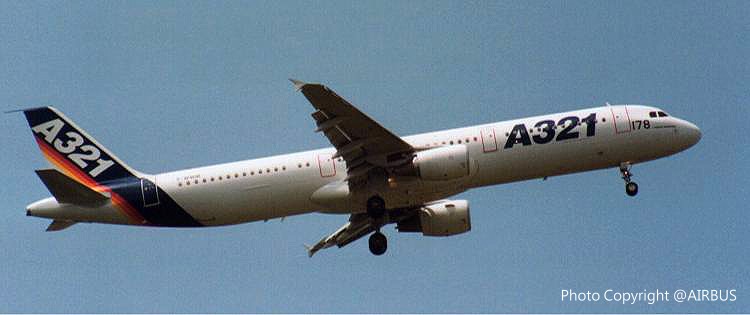
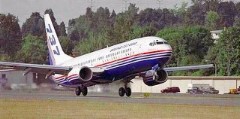
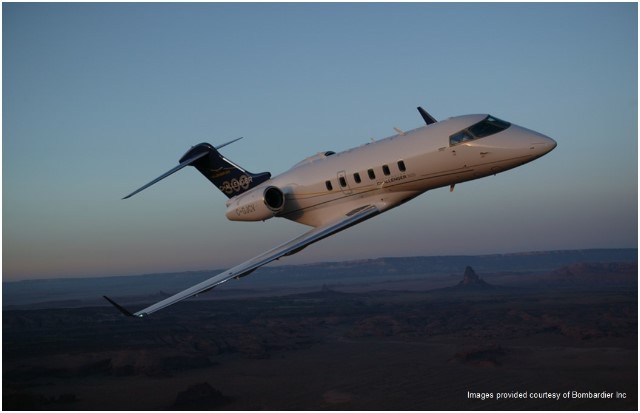
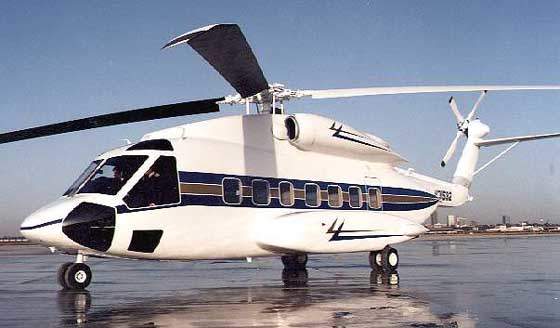
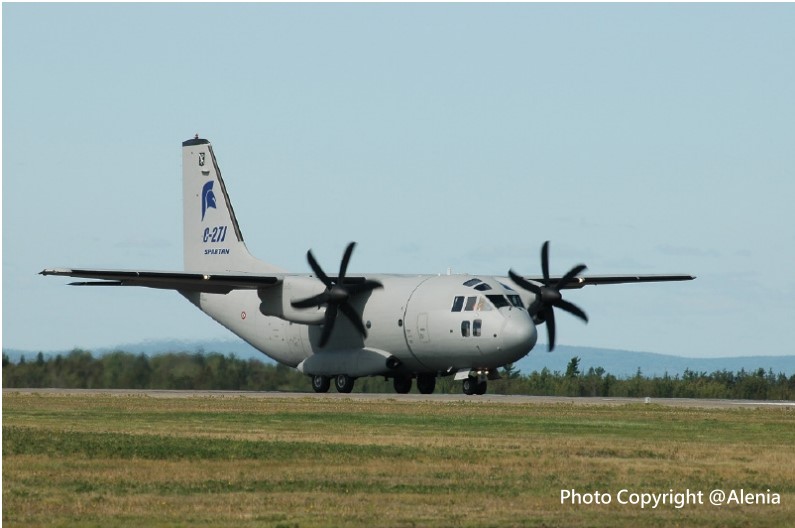

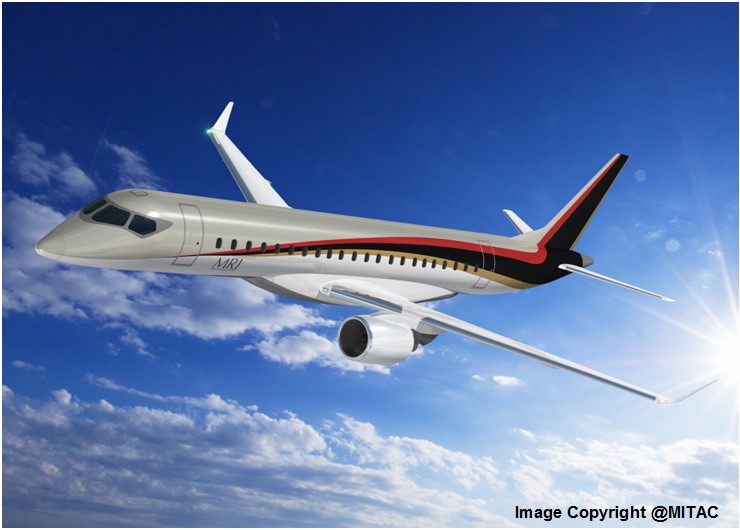
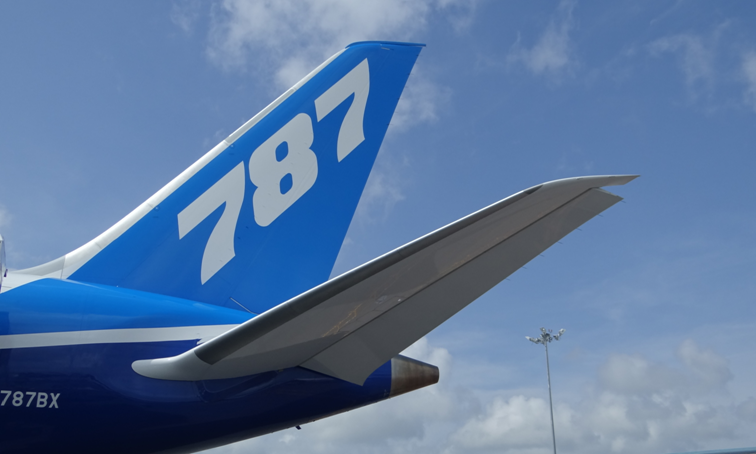
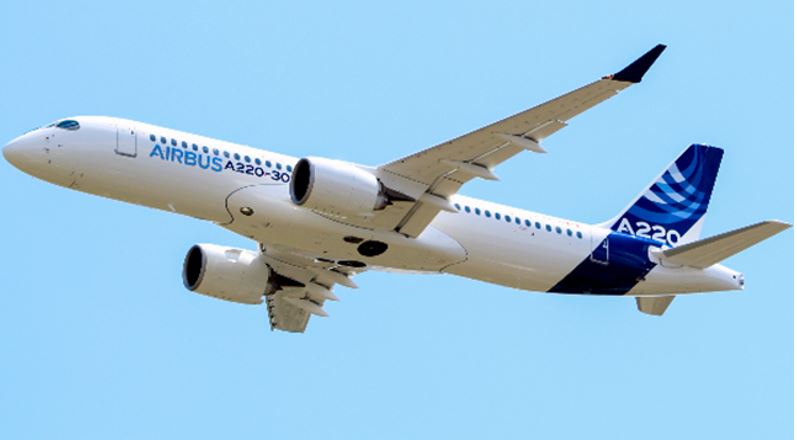
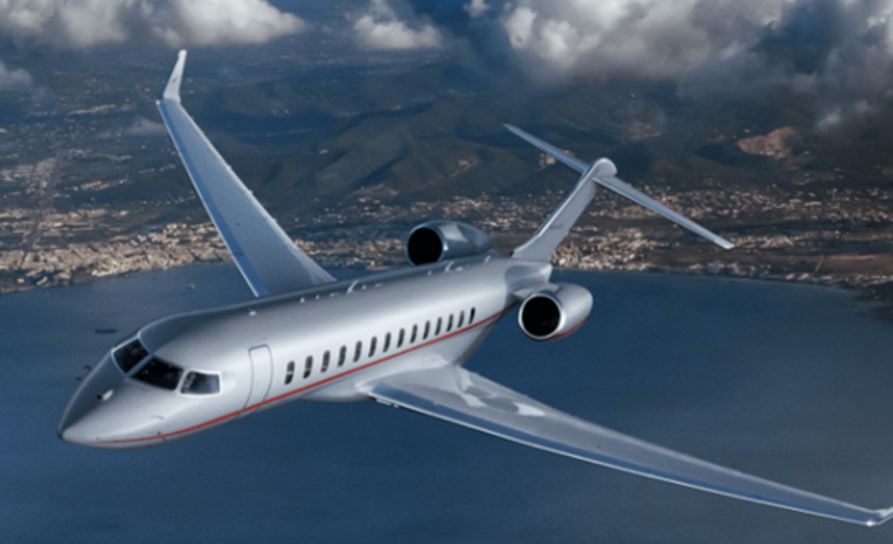

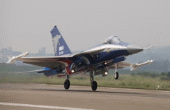
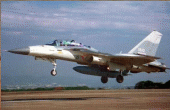
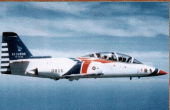
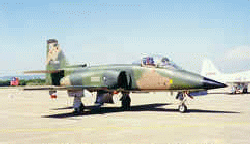
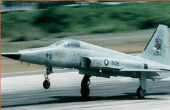
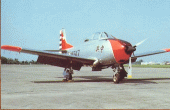
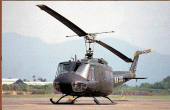
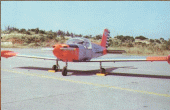
.jpg)
